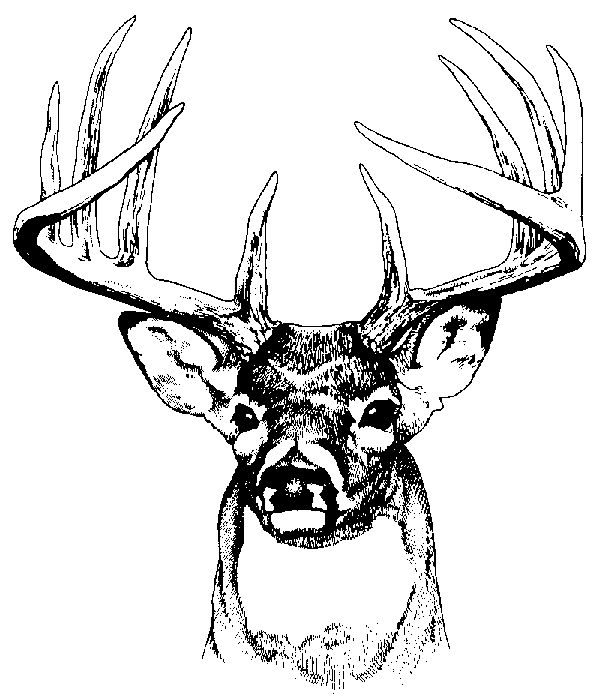
General Biology I
General Biology I - An introductory level study of cellular and molecular biology. Basic concepts of cellular structure, genetics, reproduction, locomotion, protein synthesis, metabolism, chemistry and physiology are presented. Cellular differentiation and types of cellular organisms as well as an introduction to acellular entities are included. The laboratory component emphasizes morphology of cells, current methods used to study and analyze cells and examples of common differentiation cell types. Common types of one-celled organisms are included. Lecture 3 hours, laboratory 3 hours per week.

Herpetology
Herpetology - A course designed to investigate the taxonomy, distribution and natural history of reptiles and amphibians. Emphasis is placed on local forms. Techniques of field identification, collection and preservation are covered in the laboratory component. Lecture 3 hours, laboratory 3 hours per week as well as field trips. Prerequisite: Grade of C or better in Biology 210, 211, or Environmental Science 210.

Botany
Botany - An introductory level study of the biological concepts of plants as organisms. Course outcomes include demonstrated knowledge of the basic structure and function of plant tissues, plant biochemical pathways, evolution, ecology, productivity and phenology of plants. Field observations and experimentation are used to highlight basic principles. Lecture 3 hours, laboratory 3 hours per week. Prerequisite: Grade of C or better in Biology 210 or WPI.

General Biology II
General Biology II - An introductory level study of organism biology. A taxonomic approach is used to develop a sequential presentation of multicellular animals. Form and function is used as the format to present organs, organ systems, structure, metabolism, physiology and other similarities and differences among animal groups. The laboratory component permits continued emphasis in this area using selected animals as model systems, field observations and experimentation to highlight basic principles. Lecture 3 hours, laboratory 3 hours per week. Prerequisite: Grade of C or better in Biology 210 or WPI

Introduction to Biology
Introduction to Biology - A non-majors level course designed to introduce students to the biological world and the fundamentals of scientific inquiry. Topics covered include the evolution of life, a brief survey of the six kingdoms of life with ecological interactions, and a survey of selected human body systems. Topics in lecture are emphasized through corresponding laboratory exercises. Lecture 3 hours, Laboratory 2 hours per week.

Mammalogy
Mammalogy - A class designed to introduce students to the systematics, behavior, and major taxa, physiology and ecology of mammals. Emphasis will be on, but not restricted to North American mammals. Laboratories will be fieldbased, focusing on identifications, collection and preservation of specimens. Prerequisites: Grade of C or better in Biology 210, 211 and/or Environmental Science 210. Lecture 3 hours, laboratory 3 hours per week, as well as field trips